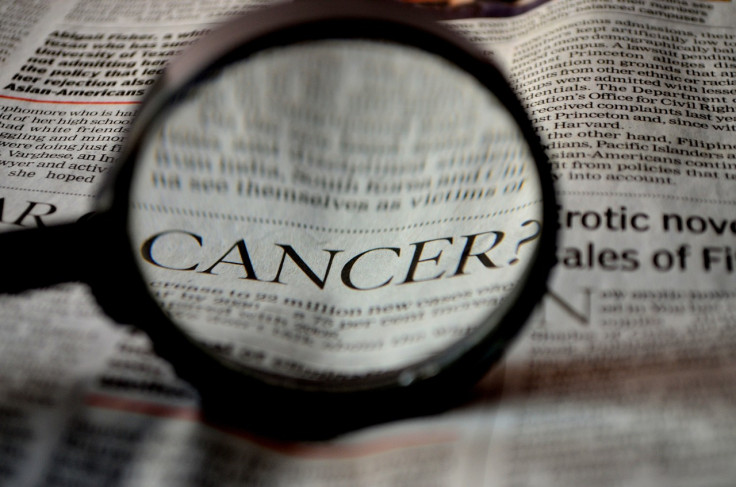
A28 Therapeutics, a privately-held, clinical-stage biopharmaceutical company focused on the development of cancer treatments, has announced that its AT-101 lytic peptide molecule is in late-stage clinical development, working toward being recognized as a targeted treatment for cancer, homing in on the unique characteristics of cancerous cells without causing significant damage to healthy cells.
According to A28 Therapeutics, AT-101 is a targeted lytic peptide molecule that binds to cancer cells and kills them on contact. The molecule is composed of two components, the first of which is the targeting unit -- a 10-amino acid structure that binds to a specific receptor on the surface of cancer cells, known as the luteinizing hormone-releasing hormone (LHRH) receptor. A myriad of different types of cancer cells over-express LHRH receptors, making them prime targets for AT-101.
The second component is the lytic peptide unit. It is an 18-amino acid structure that carries a positive electrical charge, which is attracted to the negatively charged cancer cell membranes. This interaction disrupts the cancer cell's membrane, destroying it. The cancer cell's destruction causes the release of tumor-associated antigens, which train the patient's immune system to recognize the tumor cells and attack them, much like a vaccine, further enhancing the body's capability to fight off cancer.
A28 Therapeutics says that healthy cells do not have high numbers of LHRH receptors and are not negatively charged, so they are not harmed by AT-101. The company's Phase 1 and Phase 2 studies with more than 76 patients have yielded promising results both in terms of safety and efficacy of AT-101, demonstrating it could be a valuable tool in an oncologist's arsenal. In a Phase 2 study, of the subset of stage 4 ovarian cancer patients with liver metastasis treated with AT-101 plus standard of care chemotherapy, a 69% overall response rate (ORR) was observed in their lesions, compared to a 17% ORR with chemotherapy alone. This response was accompanied by a 61% increase in overall survival. The only noteworthy side effect was a rash that quickly dissipates and can be treated with common antihistamines.
A28 Therapeutics Founder and CEO Stanley Lewis, MD, MPH, says that AT-101 combines the positive attributes of many cancer treatments currently in the market, such as antibody drug conjugates and oncolytic viruses. It also enhances the effect of immunotherapies without the negative effects of chemotherapy. He adds that it is able to synergize with all these treatments without adding more toxicity to the regimen. Its anti-cancer activity is also not dependent upon replication, and in some cases can reverse multidrug resistance.
Dr. Lewis says that AT-101's mechanism of action is incredibly straightforward compared to both approved treatments and those in development, taking advantage of characteristics oncologists have known about cancer for a long time. That simplicity reduces the chances of things going wrong, ultimately getting to the goal of killing cancer cells much faster. However, due to the industry's obsession with complexity, simple approaches are often ignored.
"I have no objection to exploring novel mechanisms, but we must also remember that perhaps 'the nearest exit is behind you," says Dr. Lewis.
The motivation Dr. Lewis has in pursuing the development of AT-101 is driven by one of the foremost principles of the Hippocratic Oath, which is "first do no harm."
"I've never been more excited about cancer care than I am right now," Dr Lewis says. "It feels the same as when I was developing a drug for HIV in the past. I saw how my patients were going through a terrible time with HIV, simply because the drugs were so toxic. Cancer patients find themselves in the same position right now. The chemotherapies are wreaking havoc on their bodies, and some patients even say they don't know which one is worse, the cancer or the chemotherapy. We need therapies that will treat the cancer and kill tumor cells, without putting the patient through the wringer at the same time. That's what we're here to produce at A28."
Dr. Lewis envisions a world where we no longer fear cancer or its treatments, and is determined to make this vision a reality.







